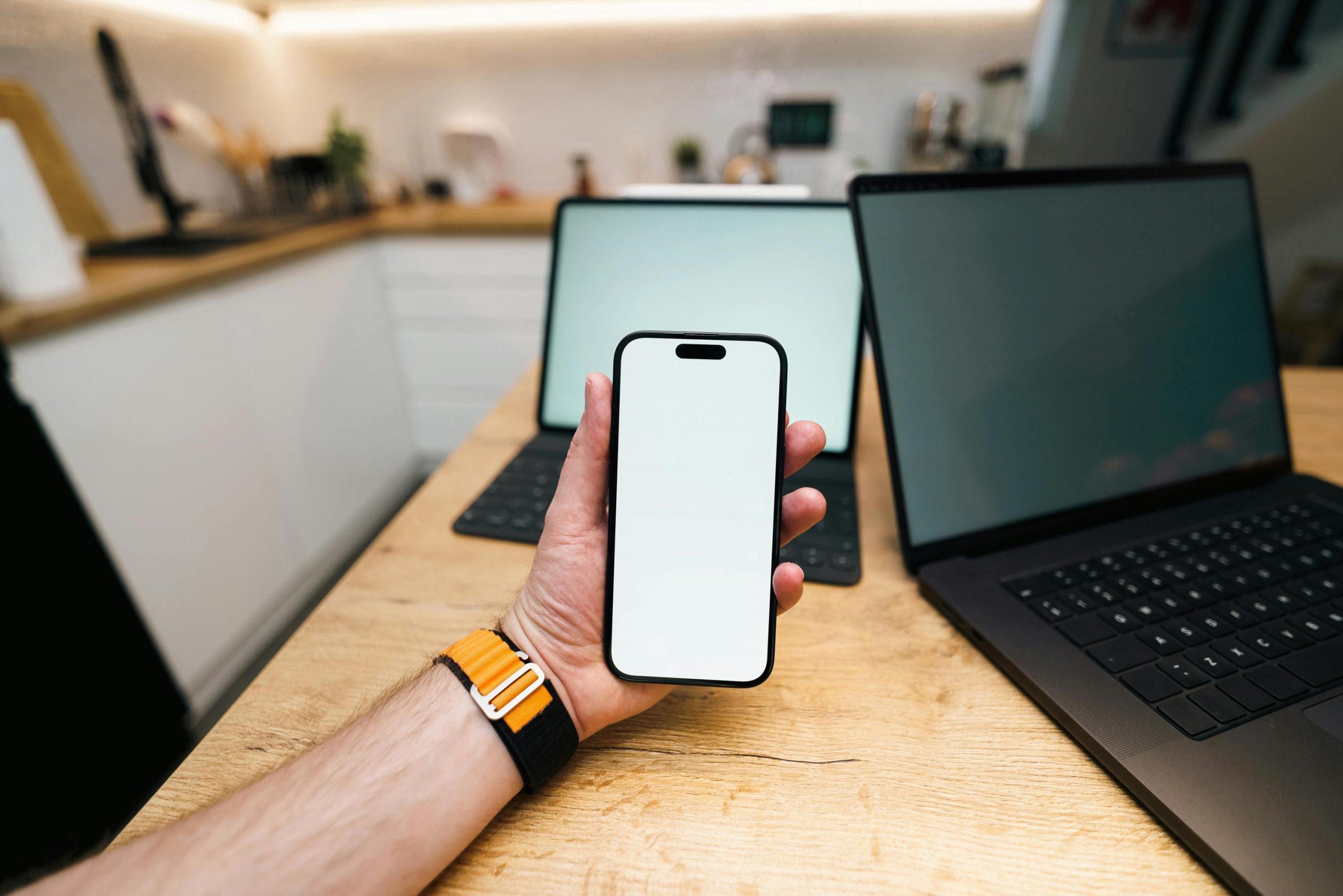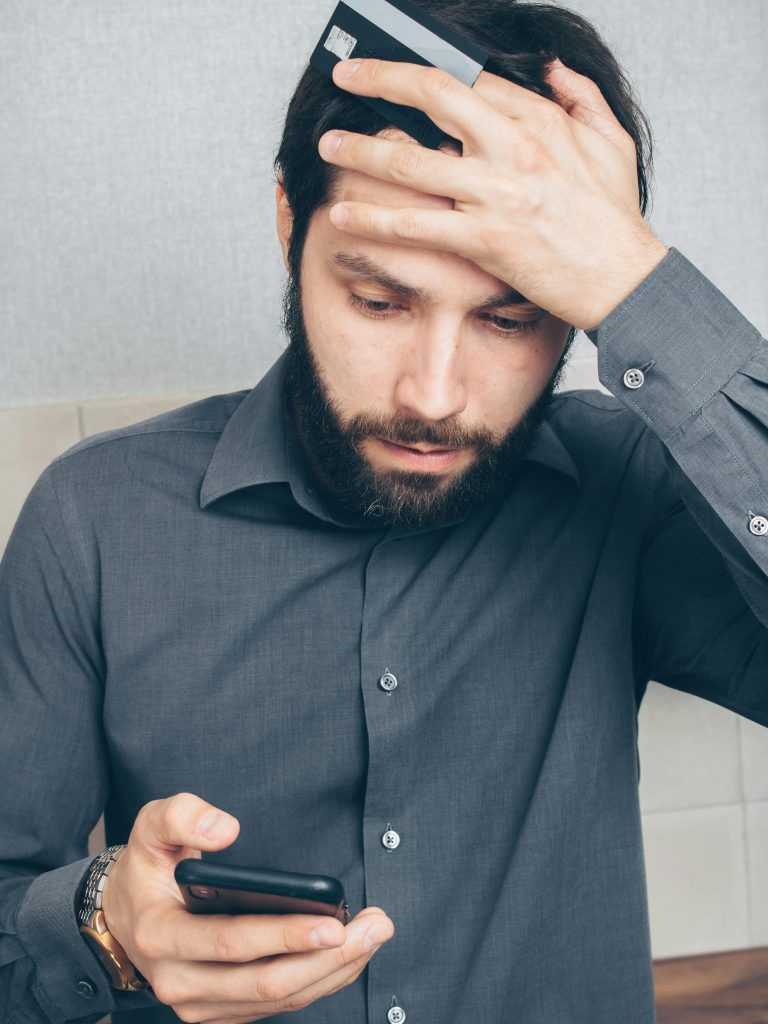Essential Steps to Take After Your Laptop Overheats
Overheating can be a serious concern for any laptop owner, especially if you inadvertently leave your device in a confined space while it’s running. Recently, I had a wake-up call when my Razer Blade 14, which I had foolishly left in its carrying case while playing a fighting game, reached an alarming temperature that made it nearly impossible to touch. Not only was it excessively hot, but I also noticed an unusual smell wafting from it. This experience raised a number of questions about what to do next.
After turning off the laptop and removing it from its case to cool down, I faced a dilemma. Should I attempt to power it back on, or should I leave it to cool off completely? Fortunately, my device is still under warranty, which provides some peace of mind should I encounter any serious issues. However, my primary concern shifted to what potential hardware failures I should keep an eye on when, or if, I decide to power it back up.
What to Watch For After Overheating
If your laptop shows signs of life after overheating, it’s crucial to monitor it closely for potential damage. Here are some hardware failure indicators to consider:
-
Degraded Performance: After powering it on, test the performance with general tasks. If your laptop struggles to run applications that previously functioned smoothly, there may be underlying issues such as degraded RAM or CPU performance.
-
System Crashes or Freezes: Frequent crashes or unresponsive behavior could indicate that the overheating has affected the internal components. Keep an eye on any blue screens or abnormal shutdowns.
-
Unusual Noises: Listen for any strange sounds, like grinding or clicking, particularly from the hard drive or cooling fans. These noises could suggest damage or inefficiency in the cooling system, which could lead to a cycle of overheating.
-
Fan Behavior: If the fans are running louder or continuously spinning at high speeds, this could signify that your laptop is working harder to stay cool—a sign that the overheating may have compromised its cooling system.
-
Visual Signs of Damage: Check for any physical damage, such as discoloration near vents or ports, melted plastic components, or signs of burnt circuitry. Any visible issues should be taken seriously.
-
Battery Health: Overheating can also affect battery integrity. Monitor the battery’s performance closely, noting any rapid discharging
Share this content:




Hi, thank you for sharing your experience. Overheating incidents like this can indeed pose risks to your hardware. Here are some additional steps you might consider: